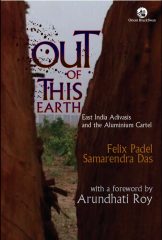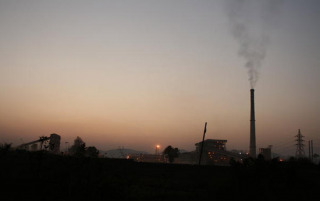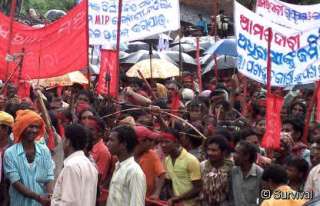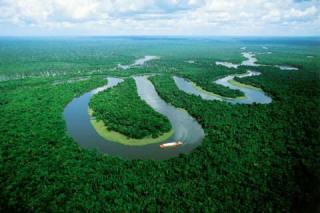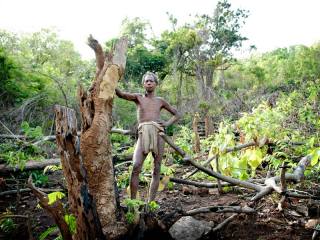Jul 06 2010
Out of This Earth: East India Adivasis and the Aluminium Cartel
Out of This Earth: East India Adivasis and the Aluminium Cartel
By Felix Padel and Samarendra Das
Published by Orient BlackSwan
Aluminium is a metal that many take for granted in hundreds of artifacts but fewer understand where it comes from and its real costs. Behind the shining image of aluminium is a dark side of environmental catastrophes, political manipulations and cultural genocide.
Out of This Earth: East India Adivasis and the Aluminium Cartel written by Felix Padel and Samarendra Das is an extraordinary book that explores the aluminium industry over its entire life cycle, from the mining of Bauxite to its various end uses.
With a foreward by Arundathi Roy it focuses on the Adivasis struggle against mining activities in the state of Odisha (former Orissa). There industrialization is imposed under the guise of development, growth and poverty alleviation, a process that has already displaced thousands of people and destroyed tribal society‘s structures. The book traces a hidden history of how one country after another has swallowed promises of prosperity and plunged into a cycle of exploitation and unrepayable debt. One of the real contributions of Out of This Earth is the commendable effort of the authors to painstakingly trace the forces that actually drive and control the global aluminium industry – how it is driven by a cartel that fuses mining companies, investment bankers, government deals, metals traders and arms manufacturers. Read More
